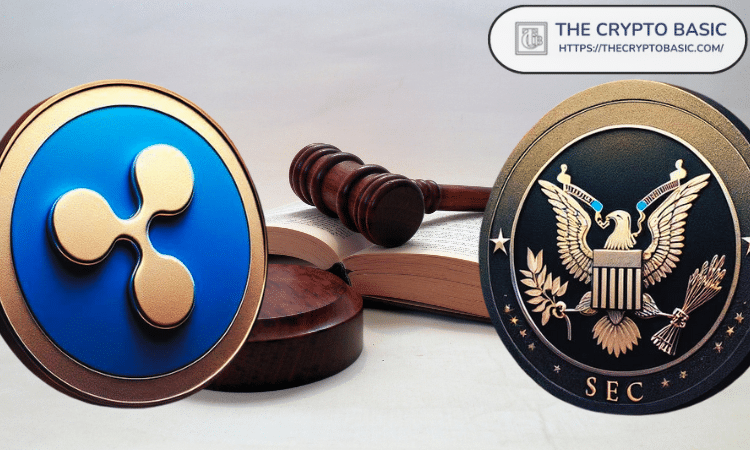Crypto expert Ashley Prosper highlights conditions that could prompt Judge Analisa Torres to vacate her decision in the lawsuit between the SEC and Ripple.
Last week, Judge Torres stunned the broader crypto community, particularly XRP holders, by denying the parties’ motion for an indicative ruling to settle the lawsuit under conditions different from the final verdict.
The judge imposed a $125 million fine and a permanent injunction against Ripple following its violation of securities law. However, the parties agreed that Ripple should pay only $50 million instead of the $125 million fine while also setting aside the injunction.
Following the agreement, the parties asked the judge for an indicative ruling to approve the settlement. However, she denied the motion, highlighting a procedural flaw in the motion.
How to Get Judge Torres to Vacate Ripple Final Judgment
With the parties expected to re-file the motion in the coming weeks, Prosper suggested how to get the judge to vacate her final judgment easily.
Submission of Classified Evidence About Federal Interest in XRP
According to Prosper, sealed or classified evidence demonstrating significant federal interest in XRP could prompt the judge to reconsider. He noted that such evidence would be reviewed privately due to its confidential nature.
For example, documents from the U.S. Treasury affirming XRP’s role in a proposed national crypto asset reserve. Another instance is the DOJ’s security briefing warning that continuing the lawsuit would undermine critical financial or diplomatic operations.
Should the parties provide any of these documents, Prosper believes Judge Torres would be inclined to vacate her ruling in deference to national interest, a routine judicial practice when higher governmental authority is involved.
Intervention of Federal Executive Branch
Another factor that could prompt Judge Torres to dismiss her decision is if a federal executive branch, like the Treasury or the Fed, files an amicus brief in the case, directly asking her to reconsider her stance on the lawsuit.
For instance, if the Treasury were to argue that XRP is essential to the nation’s financial infrastructure, it could invoke legal principles such as Chevron deference, which grants courts the ability to defer to agency interpretations of ambiguous statutes.
While rare, Prosper noted that courts have, in the past, vacated judgments when the executive branch intervenes, particularly in cases involving financial stability or foreign relations.
He emphasized that Judge Torres could reverse her verdict if the legal grounds shift due to classified documents reframing XRP as a sovereign-grade asset or demonstrating that Ripple’s fine and injunction could interfere with the Fed or Treasury’s actions.
If the judge vacates her ruling on this ground, Prosper believes XRP could transition from a mere token to a state-integrated financial bridge.
Meanwhile, some community members dismissed these perspectives as highly speculative and unlikely to happen.
DisClamier: This content is informational and should not be considered financial advice. The views expressed in this article may include the author's personal opinions and do not reflect The Crypto Basic opinion. Readers are encouraged to do thorough research before making any investment decisions. The Crypto Basic is not responsible for any financial losses.



